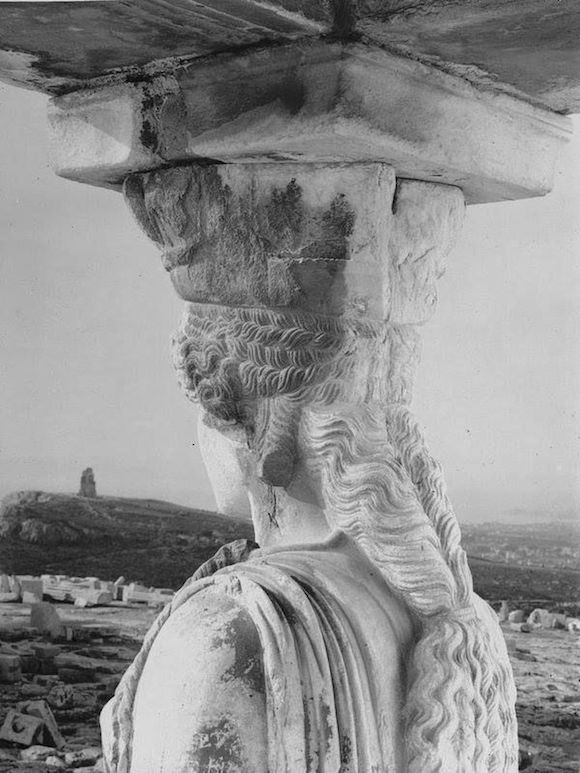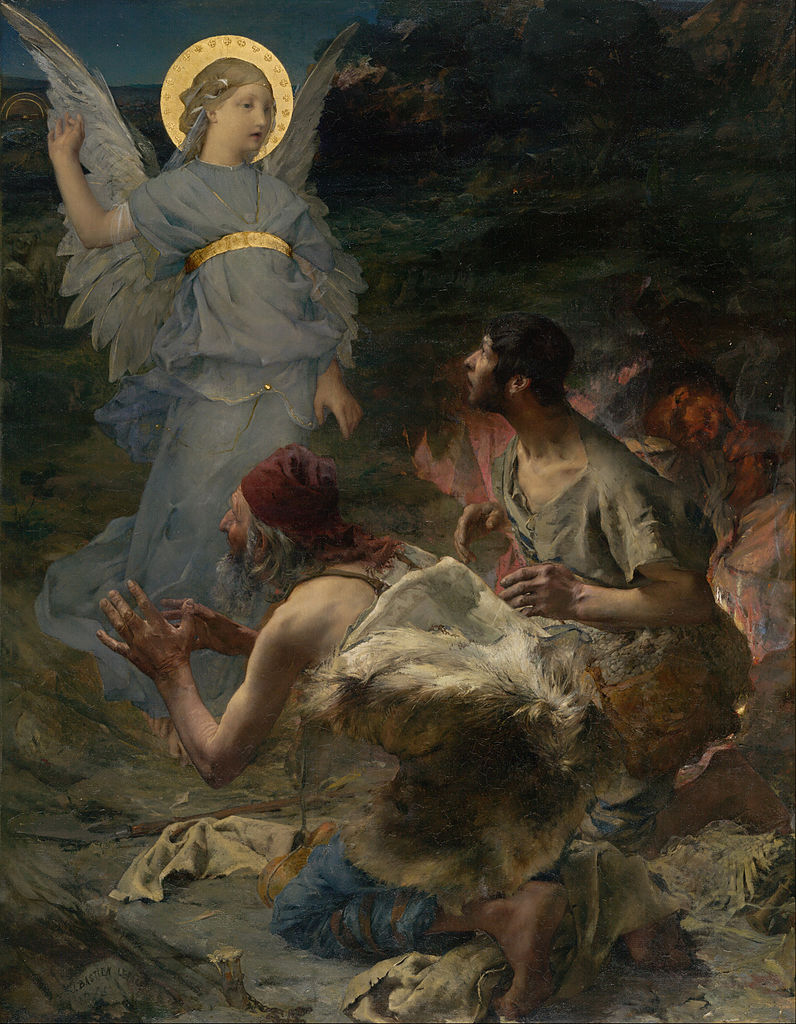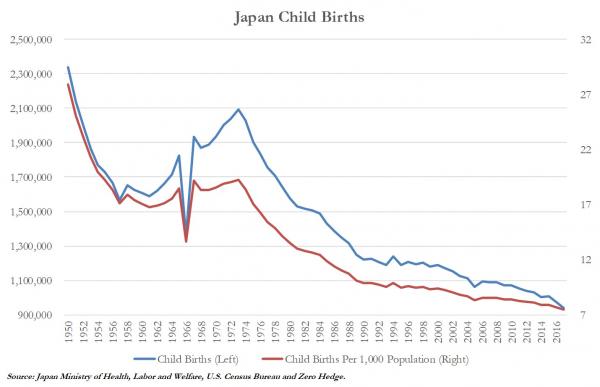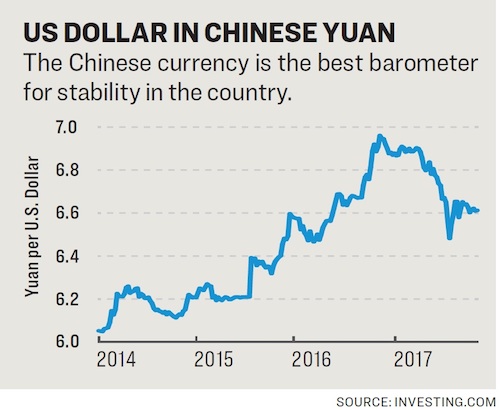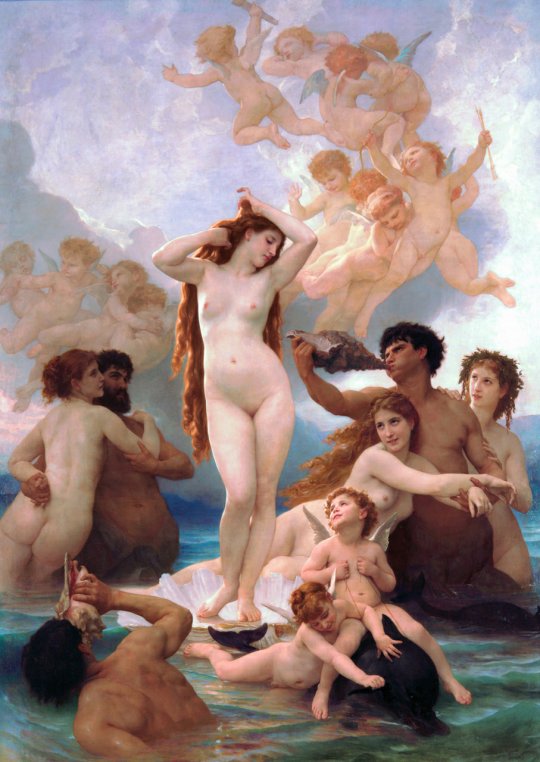
Caravaggio The seven works of mercy (Sette opere di Misericordia) 1607
“Well, I don’t know what will happen now. We’ve got some difficult days ahead. But it really doesn’t matter with me now, because I’ve been to the mountaintop… And I’ve seen the Promised Land. I may not get there with you. But I want you to know tonight, that we, as a people, will get to the Promised Land.”
– Reverend Dr. Martin Luther King Jr, one day before he was murdered
What Martin Luther King King won through many hard-fought battles, and in the end through sacrificing his own life, has to be won all over again: freedom, truth, justice. And this time it’s Julian Assange who stands in the frontline. With Chelsea Manning and Edward Snowden by his side. But I know you’re not very likely to agree with that assessment.
For one thing, I picked the kind of headline that will probably make many people not read an essay. But I’m not kidding, and I’m not saying this for effect. Julian Assange is like Martin Luther King in many ways, and he deserves for people to recognize that.
Assange and Dr. King were born in different times, the former 3 years after the latter was murdered. But when anyone wants to talk King’s legacy, then Assange very much IS that legacy. It would be nice if people like Dr. King’s youngest daughter Bernice, who is very vocal on her father’s legacy, would acknowledge this. Her father certainly would have.
What Julian Assange and Martin Luther King have in common is a superior intelligence, combined with unwavering courage and an unrelenting drive for justice and truth. Both men were born so brave they realized that they might have to give their lives for their causes. And then brought that realization into practice. Both in their own way gave their lives for our sins.
Shared intelligence and courage, justice and truth. Unfortunately, another thing the two share is gross and vile sex smears. Which hurt both men much more than anything else thrown at them. Not a coincidence. Sex smears invariably and for good reason work strongest in women. And in Reverend King’s case, his religious following, who were 99% black people. Lose the women and you lose half of your potential support.
In Assange’s case, the smears, which have even been upgraded to ‘rape’, keeps people from standing up for him. Once you have that word attached to you, you will never fully get rid of it no matter what happens. J. Edgar Hoover’s FBI knew this in the 1960’s, and Robert Mueller and James Comey’s FBI certainly never forgot it half a century later.
And of course there are many many people saying that Assange is no Martin Luther King, that Dr. King was a much better man than Assange could ever be. I would urge them to study how Dr. King was perceived in the last 10 years of his life. The nation didn’t exactly revere him, far from it. Most didn’t like him at all, he was seen as a troublemaker, including by many black people, who thought he would make their lives even harder. And then there were Hoover’s sex smears.
After his murder, it took just a few years for the first campaign to establish a public holiday in his name to start. 15 years after the murder, in 1983, President Reagan signed it into law. Even if and when such a petition were started in the case of Assange’s death, which we should all hope will be many years away, the odds of it getting anywhere are slim. But the same would have been true in 1965. So there is hope.
Those willing to give their own lives in order to make other people’s lives better, richer, more just, are special people. Not flawless, for that would make them not people, but special. Yes, Jesus is an obvious example. And so is Mahatma Gandhi. And sure, I hear you say Assange is no Jesus and no Gandhi, but the pattern of peaceful resistance cannot be denied.
There are obviously plenty people who fight for what’s right. What makes Assange, Dr. King, Gandhi, Jesus stand out is that they are examples of people standing up to entire empires. They guy standing in front of the tanks in Tienanmen square in 1989 was another one. Dr. King, Gandhi, Jesus were murdered for what they did. The Chinese guy in all probability also was. That leaves us with Assange.
Does he need to die first before we can appreciate and recognize what he has achieved in our names, that he changed the world we live in for good, as in literally for good? Does it really have to end the same way? Julian Assange hasn’t even received his Nobel Peace Prize yet.

Here’s an article by Roy Peter Clark for the Poynter, November 25, 2014, about the FBI and sex smears.
How the Southern press foiled FBI’s attempt to smear MLK
Is it possible that we have to thank the white Southern press of the 1960s – even the segregationist press – for its restraint in resisting FBI attempts to smear the Rev. Martin Luther King, Jr., with sexual scandal? That question is raised, but not sufficiently developed, in a Nov. 11 New York Times piece written by Yale historian Beverly Gage. She discovered in the files of FBI chief J. Edgar Hoover an uncensored draft of what has been called the “suicide letter.” The letter was part of an elaborate effort to discredit King, who was about to receive the Nobel Peace Prize.
Based on wire taps and audio tapes, the one-page letter, supposedly sent by an outraged black citizen, described in the vivid language of the day examples of King’s marital infidelities and sexual adventures. The writer, actually an FBI agent, threatened to go public in 34 days with details of King’s affairs. “There is only one thing left for you to do,” it read near the end. “You know what it is.”
From the article, a conversation between Gene Patterson, editor of the Atlanta Constitution from 1960-1968, later editor of the St. Petersburg Times, and Howell Raines, political editor of the St. Petersburg Times, who in 1977 published an oral history of the civil rights movement entitled My Soul Is Rested. In that book Patterson describes to Raines how he was approached by the FBI to smear Dr. King:
“An FBI agent was sent to see me with the bugging information that Dr. King had been engaged in extramarital sexual affairs. The FBI agent, obviously under orders of the director, Hoover, because nobody acted without his direction, urged me – he said, ‘Gene,…here you on this paper have raised Dr. King up to be some kind of model American, some kind of saint, some kind of moralist.’ He said, ‘Now, here’s the information, and why don’t you print it?’ The FBI, the secret police of this country!
And I had to explain to him, ‘Look, we’re not a peephole journal. We don’t print this kind of stuff on any man. And we’re not going to do it on Dr. King.’ And I said, ‘Furthermore, I’m shocked that you would be spying on an American citizen, whether it’s Dr. King or some other person because if it can happen to him, it can happen to all of us.’ And I asked him if he thought this wasn’t a misuse of the FBI. But he was highly offended at me, seeing us as an immoral newspaper for not printing back-alley gossip that the secret police of the United States were trying to ruin this man with.”
Patterson told Raines that one of the editors contacted by the FBI was Lou Harris of the Augusta (Ga.) Chronicle, a paper that supported segregation on its editorial pages. Patterson recalls:
“So I had a phone call from Lou Harris one day, and he said, ‘Gene, I had a call from an FBI agent over here, and you’d be amazed at what he told me about Dr. King.’ And I said, ‘Lou, you mean sex exploits.’ …He said, ‘Have you heard about this?’ I said, ‘Yeah, the FBI has been to see me, too.’ And I said, ‘What are you gonna do with it?’ he said, ‘Hell, I wouldn’t print that stuff. That’s beyond the pale.’ And this was a segregationist editor talking to me. And I said, ‘Lou, I’m proud of you. I’m not gonna mess with it either.’”
And then perhaps the most revealing bit.
One night, Patterson found himself on a plane to Atlanta with John Doar, one of Bobby Kennedy’s top aides in the Justice Department. Hoover was a powerful man, but supposedly subject to the direction of the Attorney General. “I want you to tell the attorney general about this,” said Patterson. “He should know what the FBI is up to.”
“Because the more I thought about it,” Patterson said, “the more worried I’d become about the misuse of secret police powers.” Patterson remembered that throughout his narrative, Doar never looked at him, staring straight ahead in stony silence. “And all of a sudden,” said Patterson, “it hit me like a thunderclap that Bobby Kennedy knew about it. I had made Doar very uncomfortable by relating it to him. Not one expression crossed that deadpan face of his. He just did not respond. It was like talking to a dead man.”
A half century after these incidents, the American intelligence and security apparatus have snooping powers well beyond anything that could be imagined by Dr. King, Patterson, and their contemporaries. Imagine the corruption of a J. Edgar Hoover armed with the weapons of the digital age. His original bugging of King, whom he hated and criticized publicly, was not in search of sexual indiscretions. Hoover’s goals were measured by the paranoid politics of his time: that King had consorted with Communists.

No matter where it leads, no matter what abuses it will bring, I’m going to tell the truth
-Dr. King

Wow. #MLK #VietnamWar #TheCauseOfJustice pic.twitter.com/twLP1pZVz7
— Be A King (@BerniceKing) May 10, 2019




